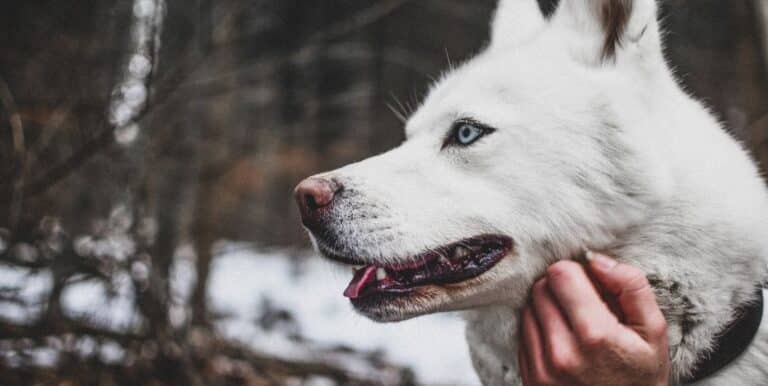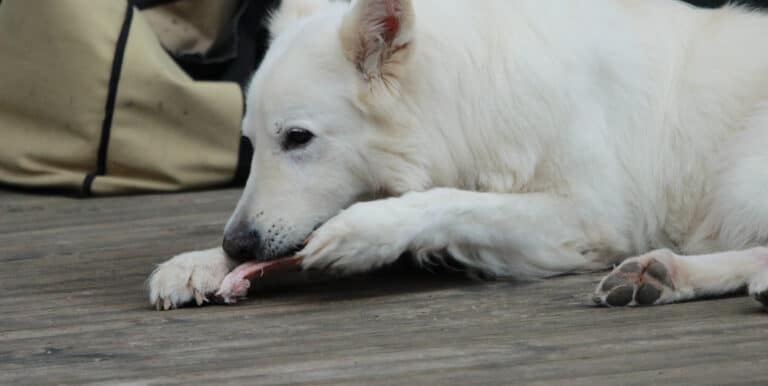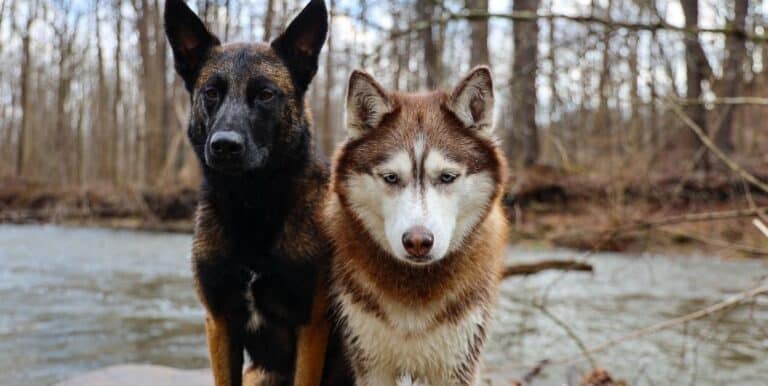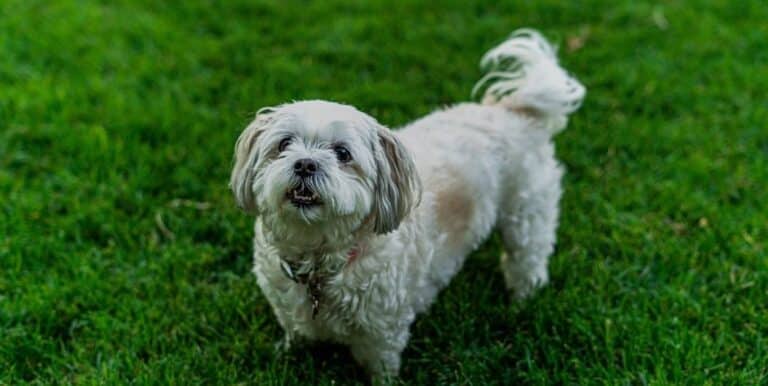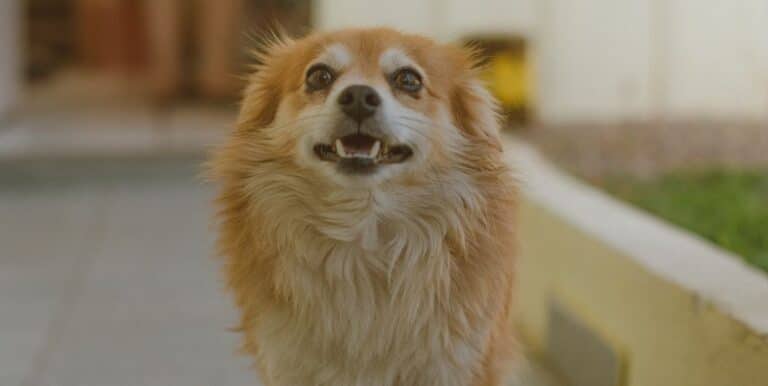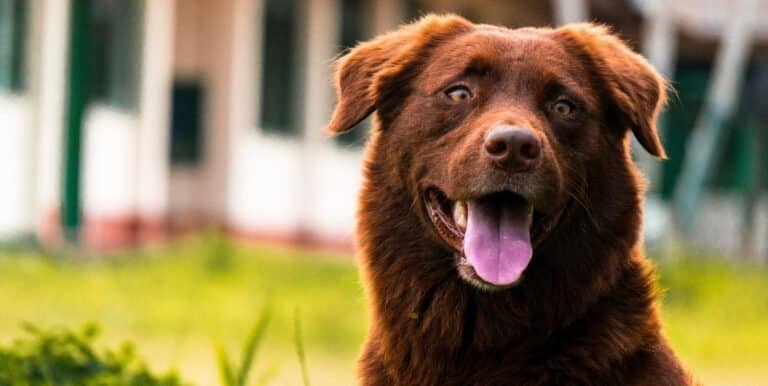What is a Raw Food Diet for Dogs?
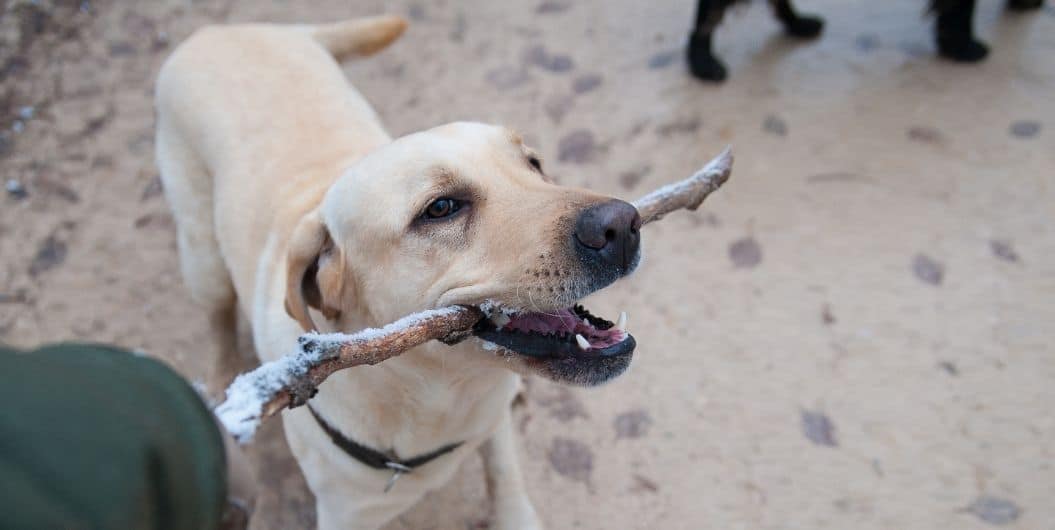
The raw food diet for dogs was originally known as the Biologically Appropriate Raw Food diet (BARF). This acronym was not exactly a marketing coup. The theory behind both BARF and the raw food diet is exactly the same. It is based on the premise that raw meats, bones, and vegetables are healthier for dogs than processed foods. The concept revolves around the conjecture that dogs achieve optimal health when their diet is similar to that of their canine ancestors.
The raw food diet for dogs has a nearly equal number of advocates and detractors. Ingredients are typically high in protein and include raw eggs, meat, chicken, fish, and internal organs. Uncooked vegetables heavy in starch are integrated into the raw food diet, as are yogurt and cottage cheese. The raw food diet for dogs also features bones, sometimes whole and sometimes ground to a powder.
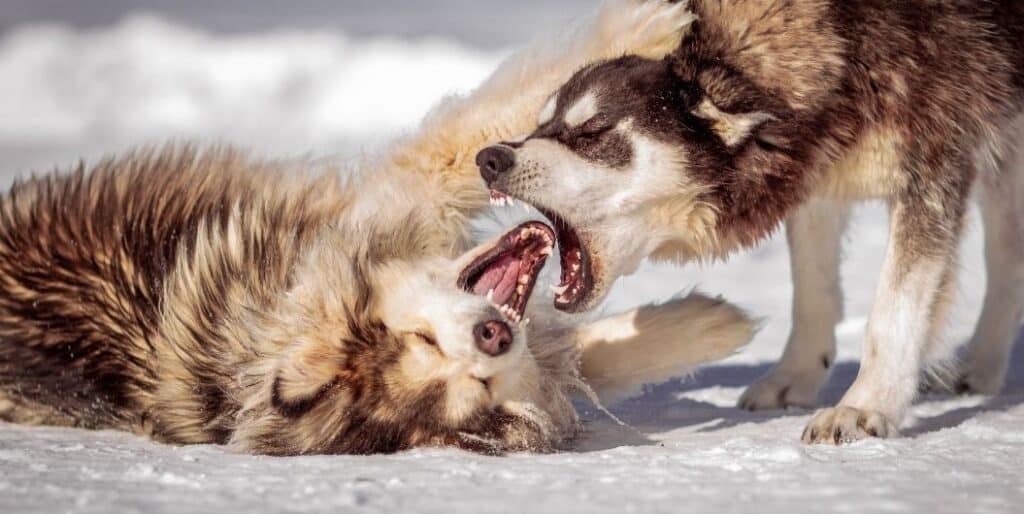
Advocates of the raw food diet claim that such a nutritional regimen is natural, that it leads to a strong immune system and healthier skin, coat, and teeth. Proponents say that the diet aids in digestion, makes a dog more energetic, improves its general attitude, and aids in weight control. One of the more common benefits touted by supporters of the plan is that a raw food diet for dogs includes no preservatives, fillers, additives, or sweeteners.
Detractors of a raw food diet for dogs contest the claims of improved health. These individuals say that consumption of raw meat and eggs vastly increases the chances of dogs contracting bacterial diseases such as salmonella and E. coli. Feeding raw bones to dogs is an especially controversial point, as veterinarians lean toward the belief that raw bones create a high risk of choking, and might puncture a dog’s stomach and intestines. One certain fact is that the benefits of a raw food diet for dogs have not been scientifically proven. Another reason cited by detractors is that a raw food diet is extremely expensive.
A person who does wish to place his dog on a raw food diet — even if for a brief period to observe results — is advised to first check with a veterinarian. Individual dogs often suffer from allergies and digestive problems, just as people do. Making a radical switch to a raw food diet is inadvisable without professional consultation. A raw food diet may well be good for dogs, or it may be dangerous. The positives and negatives of a raw food diet are still unknown as of 2011.

